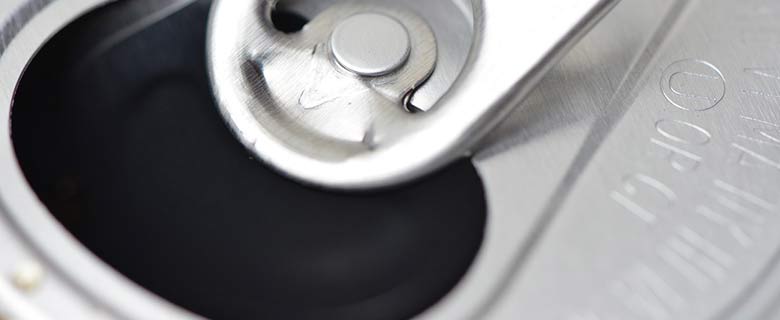
We’re sure that you’ve seen or heard the news over the past couple of days, specifically the story that relates to the rise in hospital admissions for children suffering from tooth decay.
Responding in part to that worrying report and to studies which are showing a rise in obesity rates, the British Medical Association (BMA) has today called for an extra tax of 20% to be placed on sugary drinks.
The money raised via this method should then be used to help subsides healthy food and drinks such as fresh fruit and vegetables.
In its Food for Thought project, the BMA mentions that an average can of pop (330ml) can contain up to nine teaspoons worth of sugar and were technically classed as ‘empty calories’, calories that have no nutritional value.
In it, they say that taxing individual food groups was proven to work, citing a similar sugar drinks tax in Mexico as a prime example. Doctors have suggested that a figure of at least 20% would be needed to deter people from buying the products as it would help “create an environment where dietary choices default to healthy options.”
Speaking on this issue, Shree Datta, of the BMA, says: “The biggest problem is a lot of us are unaware of the amount of sugar we are consuming on a day-to-day basis.
“I think it is a massive problem, illustrated by the fact obesity is creeping up.
“We’re looking at 30% of the UK population being obese by the year 2030 [and] a large extent of that is due to the amount of sugar we’re actually consuming.”
A statement, released by the government, said that obesity was of ‘great concern’ but warned that there was no ‘silver bullet’. It is believed that they currently favour voluntary reductions in sugar levels, led by those within the drinks industry.
The Food and Drink Federation, which represents the UK’s food and drink manufacturers, dismissed the BMA’s report saying that the proposed move wouldn’t change the eating habits of customers.
“We share [their] concerns about the health of young people in the UK.
